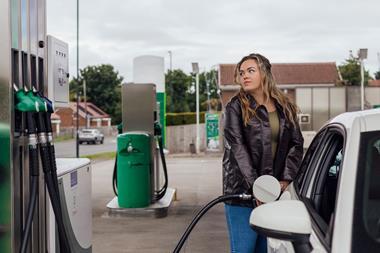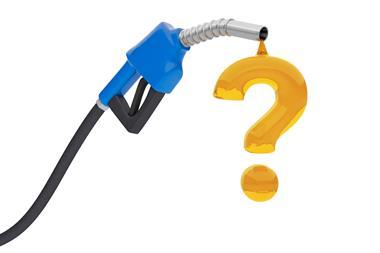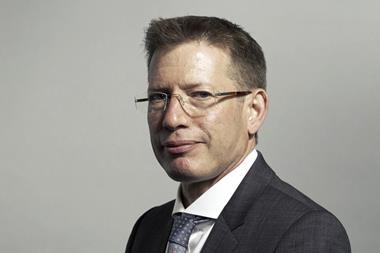In the real world, the latest UK vehicle statistics from SMMT for January to May 2018 versus the same period last year confirm the collapse of diesel models (-31%), some recovery in petrol +11.3%, the anticipated increase in hybrids +22.6% but a surprising drop in batteryonly electric (BEV) by 4.9%. Thus the latter still represent only a fraction of the total vehicle park. However, it is clear that motorists are sufficiently concerned about actual and proposed anti-diesel moves by government and Local Authorities to opt for petrol and hybrid when buying new. Though this is not replicated in the used car market, where both prices and volumes of diesel models are holding up well.
Meanwhile, there is an absolute plethora of media information about the ’new transport world’, which will involve connected, autonomous and alternatively fuelled vehicles. Much of this media coverage may seem hugely optimistic, driven in many cases by those with vested interests but technology can move very quickly so industry needs to be aware of rapid changes.
Recent claims by Bosch that their latest technology with diesel emissions will undercut future limits for nitrogen oxide (NOx) by nearly 90%, led their chief executive to comment that electric cars had a fundamental role to play in future transport, but until electromobility breaks through to the mass market, we will still need these highly efficient combustion engines. He added: "It’s better to drive the right diesel vehicle than the wrong electric car."
At a highly entertaining and interesting private forum last month, Peter Campbell (motoring correspondent, Financial Times) took his small audience through a vision of the future which was definitely EV-centric. He did concede that the speed of uptake for all the new technology was almost exclusively based on consumer adoption and this remains the big unknown. He also conceded that road pricing was a regressive tax and may not be politically achievable leaving UK government to consider alternative ways of replacing the present £34bn annual tax revenue from conventional retail fuels. This story will run and run.

































No comments yet